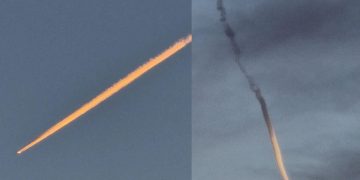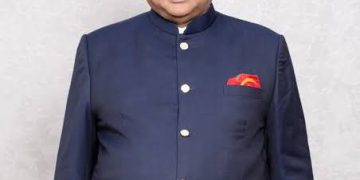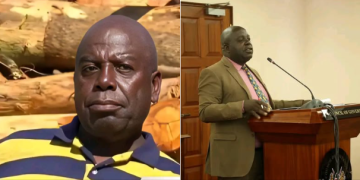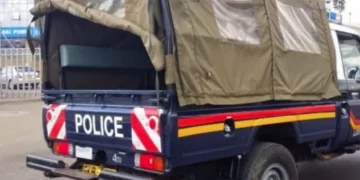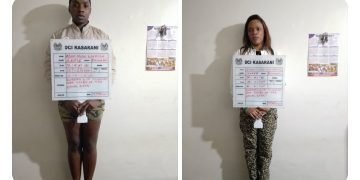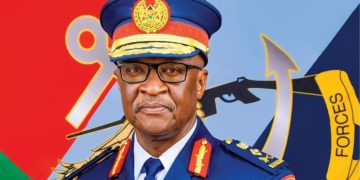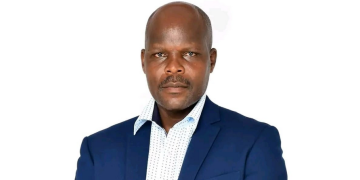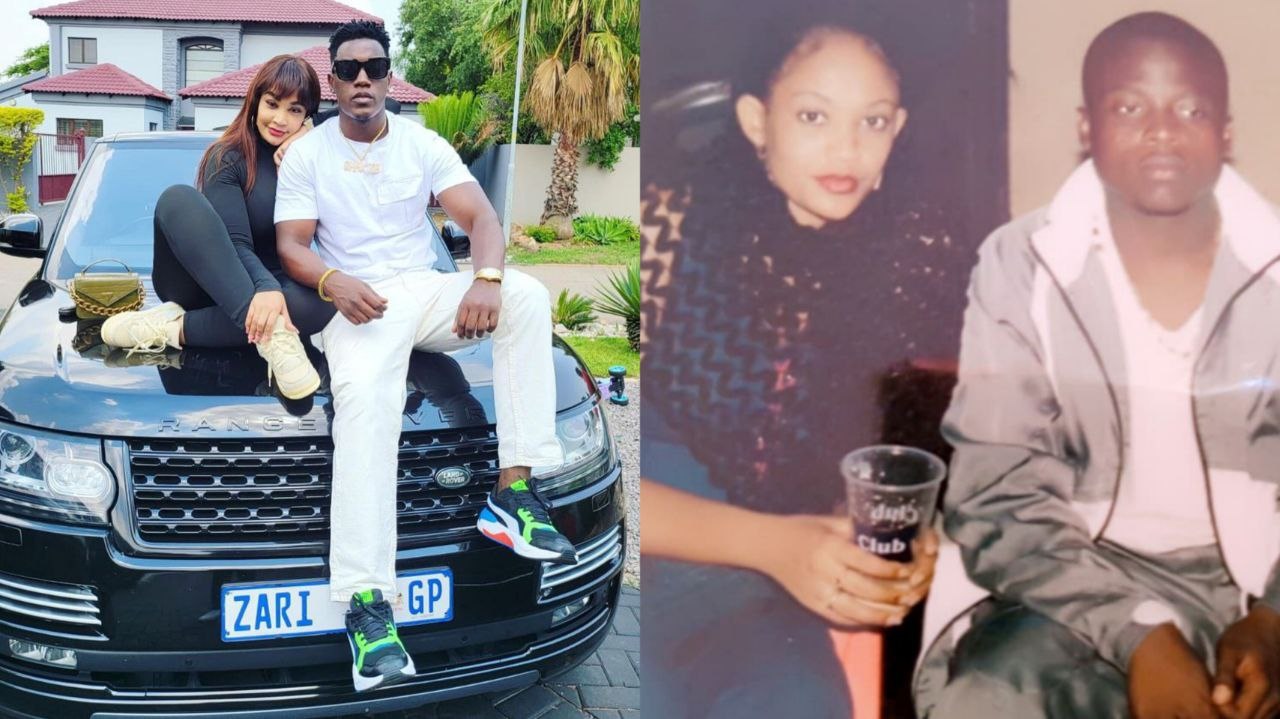OPINION Why William Ruto?
By David
An open letter to the people of Mt. Kenya region throwing its full weight behind the Uhuru-Ruto ticket in 2013.
The forthcoming presidential election is the first without a strong contender front runner in the race since the first multiparty elections thirty years ago.
In that election, Mt. Kenya had Matiba and Kibaki as strong contenders. Matiba sat out the 1997 election, leaving Kibaki as Moi’s strongest challenger. The 2002 election was an interesting one since the two leading contenders were from the region.
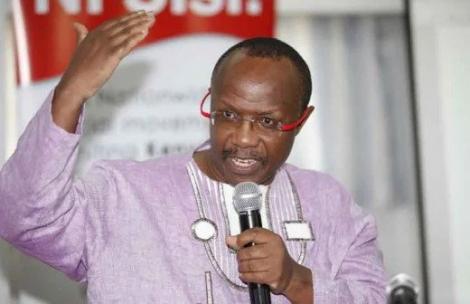
Kibaki contested 2007 as an incumbent. It did not seem feasible that the region would produce another president, but the ICC indictments made for a most unusual context that again made the region rally behind Uhuru Kenyatta who then contested 2017 as an incumbent.
First, the Uhuru-Ruto ticket was sold a as pathway to a homegrown political solution to the 2007/8 post-election violence and the underlying land related political feud that has simmered in the Rift Valley since the 1940s.
If truth be told, this audacious gamble has been vindicated. We are now going into the third consecutive election in the multiparty era without the spectre of violence. One of the pillars of the Gîkûyû moral ethical universe is kîrîko-keeping one’s word.
Ever since it became evident that Uhuru was intend on reneging on his end of the deal, we have asked him time and again to come and give us a compelling reason why we should go back on our word, and what becomes of the peace pact if we do. He has not done so because there is no justifiable reason to do so. Hatirî kîhooto.
This election is the first that compels the region to deliberate the most fundamental of all political questions, the question of interests. The question is complicated by both candidates choosing running mates from the region.
Who, between William Ruto and Raila Odinga are our interests better aligned?
It is helpful to place this election in its proper political context. The second reason is the economy. Many believed that Uhuru Kenyatta’s stewardship of the economy would stay on the Kibaki course.
There was also the sentiment that public money would be in the safe hands, put bluntly, “he was rich he would not steal.” There are two very important interests that informed the Mt. Kenya region.
The Kenyatta family’s greed and sense of entitlement has been a revelation to many, particularly the younger generations who have only been fed a sanitized history of the Jomo Kenyatta era. presidency, an entity registered in his brother’s name had financial assets valued at $31.6m (Sh3.8b).
The picture that emerges is one which Uhuru Kenyatta has been a family cash cow since his entry into politics. We say indo citû itirî mîhaka (literally, our property has no boundaries). as a metaphor for the strength of friendship. The Kenyatta family believes and operates on this principle.
They see no boundary between their property and public resources. Uhuru Kenyatta, like his father has operated on King Louis XIV’s l’etat c’est a moi (I am the state) doctrine. Uhuru Kenyatta has demonstrated unequivocally, that his tenure was, as the Business Daily put it nine years ago about consolidating his family’s position as “one of the largest business dynasties in Kenya.”
He has done that. One of its prominent members has now richer than Dangote. Dangote is listed by Forbes as Africa’s wealthiest billionaire with fortune estimated at $13.9b (Sh1.67 trillion at current exchange rates). We also missed the signs. It is during Uhuru Kenyatta’s tenure as Finance Minister that Brookside began its acquisition of competitors. And that is but the thin end of the wedge.
According to the Pandora Papers expose, the Kenyatta family money laundering operation in offshore tax havens coincides with Uhuru Kenyatta’s appointment as chairman of Kenya Tourist Board by Moi in 1999. The following year, one of the entities purchased a £280,000 London Apartment. The other entities discovered by the investigation were registered between 2003 and 2007.
In 2016, three years into Uhuru’s There can be no other motivation for the zeal that the otherwise lackadaisical Uhuru Kenyatta, he of mnataka nifanye nini fame, has prosecuted the BBI-Azimio formation other than protecting and even expanding the family fortune.
It is not a secret that the dominant player in the Kenya Kwanza Alliance is UDA. The Mt. Kenya region is the political bedrock of UDA, the principal shareholder so to speak. In fact it is most likely that the Mt. Kenya region will be the single largest block within 2 UDA in both the National Assembly and the Senate.
William Ruto will be relying on Mt. Kenya region to get his legislative proposals through parliament.
The same cannot be said of Azimio. The Jubilee Party has been gutted. It is unlikely that Jubilee it will have meaningful parliamentary strength within the Azimio coalition. Martha Karua’s NARC-Kenya is even worse off.
Whether Azimio is majority or minority, as far as parliamentary strength is concerned, Uhuru Kenyatta and Martha Karua will be squatters in Azimio.
The running mate debate was without doubt one of the turning points of this election. The media pundits had
created the expectation that the debate would be Rigathi Gachagua’s waterloo, after which Martha Karua
would soar. How wrong they were.
Martha Karua is a seasoned lawyer and politician and practiced debater, why did she underperform so badly? The answer is simply that she could not extricate herself from the internal contractions of Azimio. Azimio is Uhuru Kenyatta’s personal project. We Mt. Kenya people have no stake in it.
Martha Karua is just a flower girl in that arrangement.
On the other hand, over and above being a seasoned public speaker honed on the podium in public
barazas, the underrated Gachagua’s poise and performance in the debate was that of a man exuding the
confidence of a man who has earned his position. His position as Deputy President will be buttressed by the fact
that he is a founder of UDA and leader of the biggest voting block in the party both inside and outside of parliament.
In which government will our region have more say, the one where we are the single largest shareholder, or
Uhuru Kenyatta’s special purpose vehicle?
So much for Uhuru Kenyatta. It is after all Raila Odinga and William Ruto on the ballot. Let us evaluate each in turn.
Raila Odinga is not a stranger. This is his fourth stab at the presidency. We know his political character. He is
nobody’s lackey. Raila’s handshake with Kenyatta was informed by the belief that his path to power was predicated on neutralising the two bugbears of his past presidential runs namely, the
“system”, and Railaphobia in the Mt. Kenya region.
The question is what he would do if he were to win.
See two scenarios.
Scenario One:
Raila moves to shake off Uhuru. Uhuru resists. A power struggle ensues. As this plays out, business
confidence plummets further, and economic crisis deepens.
Scenario Two: Raila decides to fuata nyayo which is to say, use his presidency to enrich the Odinga family.
We are looking at a turbo-charged Kenyatta-Moi-Odinga cartel carving up the economy. This too leads to an economic downward spiral, as the Keroche Breweries woes and the SportsPesa predation saga narrated in
Paul Ndungu’s harrowing dossier go into overdrive. Any way you look at it, a vote for Raila is a vote for economic ruin.
Let us turn to William Ruto. There is no doubt that William Ruto’s presidential campaign has wrong footed Kenya’s political establishment. They did not see a mere hustler leading a re- imagination of our politics from politics centred on power, positions and personalities, to a people-centred issue driven politics fronting a transformative economic agenda.
Unable to mount a credible alternative, Azimio have turned to fortune telling.
Looking through the chrystal ball, they see Ruto abandoning the transformational agenda and the team
that has helped him as soon as he assumes office. Fair enough. but to what end?
In what way does delivering for the base that has propelled him to power, and which would in all likehood win him a second term, hurt him politically or otherwise?
What purpose would alienating the largest voting and parliamentary block in his UDA party serve?
The long and short of it is this. Politics is above all else, about interests. Our interests and those of William Ruto,
and indeed those of his Rift Valley hom base are as aligned as could be. They like us are dairy, tea and coffee
farmers. When we talk about economy, we speak the same language.
A block vote for William Ruto is not only to vote on the side our bread is buttered, but to strengthen our
leverage in his government.
The choice could not be starker.
FREEDOM IS COMING
ENDS.

